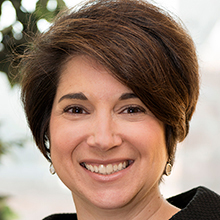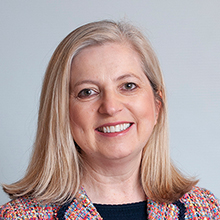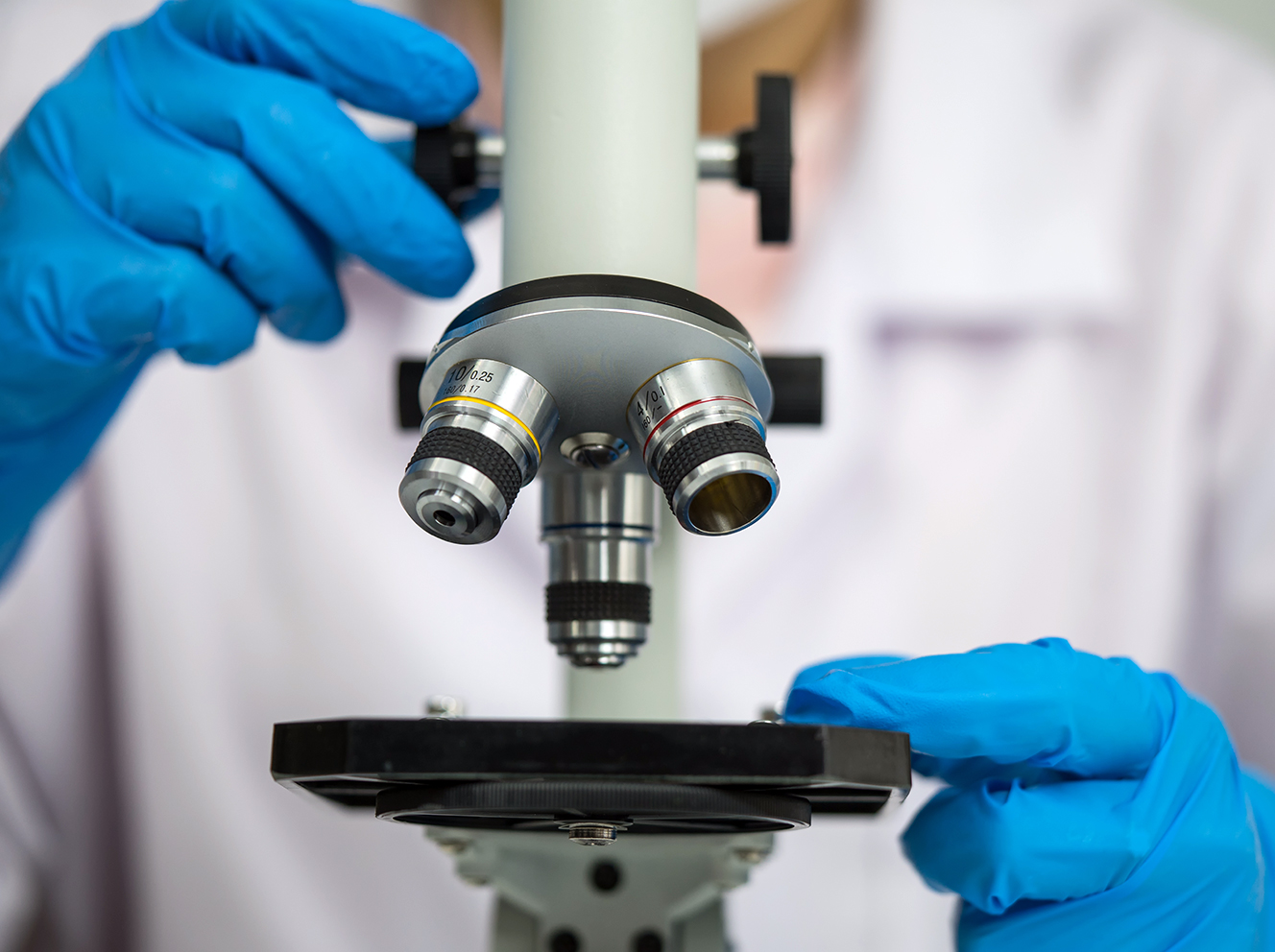The Reproductive Endocrine Unit (REU) at Massachusetts General Hospital focuses exclusively on the reproductive endocrinology of men and women — the only such unit within an academic Department of Medicine in the U.S. Although there are obvious differences between male and female reproductive health and disease, the REU is built around the idea that there are several biologic circuits that influence reproductive health — some shared and some distinct — between the sexes. The REU explores how certain genes and pathways affect the presentation, diagnosis, treatment and prognosis of men and women differently, bringing these perspectives not only to the care of its patients but to research and education efforts, as well. We had a conversation with Stephanie B. Seminara, MD, Chief of the REU and Robert and Laura Reynolds MGH Research Scholar 2014-2019, to learn more.
What is the REU?
In the REU, clinical and research faculty share a singular mission to treat men, women and adolescents with a variety of reproductive disorders. These include common conditions that affect millions of individuals, like infertility, amenorrhea, hypogonadism and erectile dysfunction, as well as rare disorders for which we are an international referral center. We strive to provide the best quality care, incorporating the newest clinical advances and seeking integration with our research programs. Our scientific goal is to lead reproductive biology research worldwide, provide platforms to train the next generation of investigators and encourage fellows to be fearless as they push boundaries.

Much of the REU’s work is better understanding how and why infertility occurs — can you explain why this is so important?
While infertility is not life-threatening, it nonetheless has devastating consequences. In addition to emotional pain, patients must undergo diagnostic tests and complex treatments, putting themselves at risk for serious side effects with no promise that treatment will lead to success. However, as we work to uncover the genetic underpinnings of infertility, it is clear that some of the genes that cause this condition also play a role in other organ systems. A silver lining of exploring these connections is that we may be able to screen and diagnose other health conditions much earlier. Thus, the REU is deeply interested in infertility not only as an isolated condition, but also how infertility may be a marker of one’s overall health.
What are some of the innovations in reproductive endocrinology happening at Mass General?
We have a saying: “One person’s infertility is another person’s contraception.” As the REU learns more every day, we are making progress that will help future patients become pregnant. On the flip side, we are also learning about pathways that may be targets for contraceptive development, which may be of particular relevance in the developing world where access to birth control is limited. We are leveraging cutting-edge genomics technologies to study the genetic underpinnings of reproduction while also conducting clinical trials using novel drugs to stimulate the reproductive processes in both men and women.
How is the REU at Mass General unique?
As physician scientists trained in internal medicine, general endocrinology and reproductive endocrinology, we bring holistic, broad-based perspectives, which allow us to integrate hormone health to human health. We consider the gender basis of human health in everything we do. In addition, one of our faculty members, Frances Hayes, MBBCH, BAO, provides reproductive endocrine care in several sub-specialty clinics such as the Klinefelter Syndrome clinic, Turner Syndrome clinic and the Transgender Health Program.

How can grateful patients and donors help the REU make even more progress?
Every day, the REU at MGH strives to be the best “think tank” in reproductive endocrinology physiology for both men and women in the world. We have assembled a worldwide collaborative team in genomics, whole animal physiology, cellular physiology and even education/outreach so that we may disseminate the knowledge we gain from our research as quickly as possible. In fact, we hosted our first-ever Harvard-wide Reproductive Medicine Symposium in November 2021 where clinical and research leaders in reproductive endocrinology, obstetrics/gynecology, urology, epidemiology and primary care came together to share their research and collaborate on new lines of inquiry.
The philanthropic support of donors would have an enormous positive impact on our work by expanding our ability to explore promising scientific leads and funding our educational initiatives. Such support could be used to fund specific research projects in gender-based care and strengthen our programs in the development of new drugs and diagnostic tools. Funding our research and education efforts would not only enhance our ability to inspire the next generation of clinician-scientists to enter this field, but also provide them with best-in-class training here at Mass General by creating a less siloed and more integrated space for future generations to continue scientific discovery in this exciting area of medicine.
- To make a gift or learn about supporting the Reproductive Endocrine Unit, please contact us
- To contact the Reproductive Endocrine Unit directly, please call 617.726.8433
